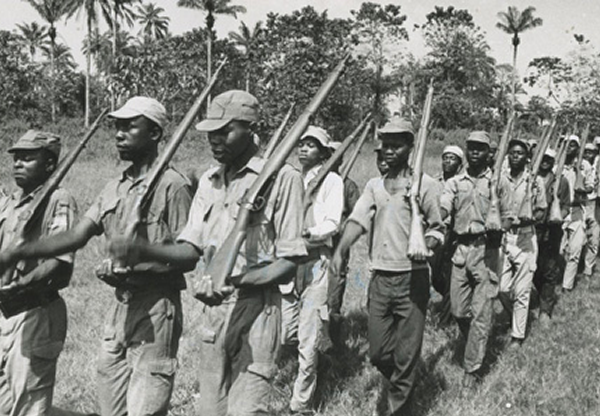A proposal by the International Football Association Board (IFAB) seeks to reduce each half of a match to 30 minutes in order to deter time-wasting.
The world football’s rule-maker said that this change is due to its belief that football matches only see about 60 minutes of “effective playing time” from the 90 minutes that are available.
Stopping the clock when the ball goes out of play is one the numerous ideas put forward by the body in an attempt to make football more attractive.
IFAB has outlined proposed changes to the rules of the game in a new strategy document titled Play Fair.
Advertisement
Other ideas include disallowing players to follow up and score from a saved penalty.
Basically, this means that if their spot-kick doesn’t hit the back of the net, play would stop immediately and a goal-kick would be awarded.
IFAB also proposes that players should be allowed to play free kicks or corners to themselves while referees should only blow for half-time or full-time when the ball goes out of play, just like rugby.
Advertisement
One of the proposals already being tested at the Confederations Cup in Russia is the idea of only allowing captains speak to referees to prevent match officials being mobbed.
Another proposal which was tested at the U20 World Cup in Korea is a change to the order of penalty kicks in shootouts, known as ABBA.
Instead of teams taking alternate penalties, the new system involves team A taking the first kick, then team B taking two, after which team A takes two.
“The ‘first’ kick in kicks from the penalty mark has a built-in advantage primarily because there is greater mental pressure on the second kicker (in each round) who often faces instant elimination if they miss their kick (especially once the first four kicks for each team have been completed),” the document says.
Advertisement
The IFAB is made up of FIFA and the four British home football associations – England, Scotland, Wales and Northern Ireland.
Add a comment







